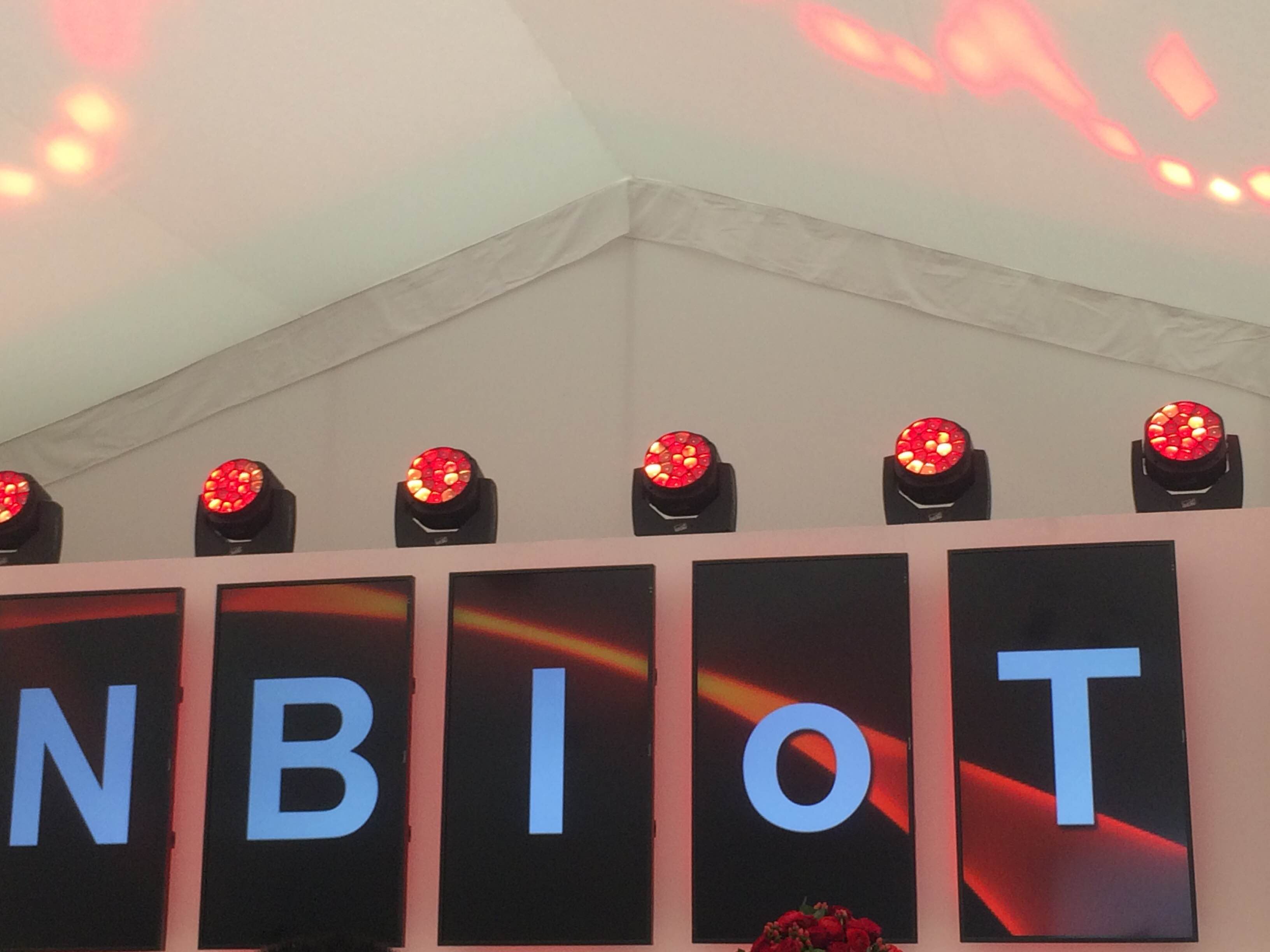

Narrowband IoT (NB-IoT), a single cellular low power wide area (LPWA) standard for the Internet of Things (IoT), has been finalised by the 3GPP, paving the way for mobile operators to connect M2M devices efficiently and cost effectively.
Operators and equipment manufacturers, most notably Huawei and Vodafone, have expressed their frustration at a lack of progress, claiming that without standardisation, cellular technology will be too power hungry and expensive for IoT, paving the way for Wi-Fi, Bluetooth and proprietary technologies like Sigfox to take control.
“It’s an opportunity that we think is absolutely purpose fit for operators,” Luke Ibbetson, Vodafone’s head of research and development told the Huawei Mobile Broadband Forum in Hong Kong last year. “But we’re under pressure because we quite frankly don’t have a solution in the right shape. We’re having to turn down perfectly good customers.
It is claimed NB-IoT is able to provide a battery life of ten years, costs $5 per module to deploy and has scalability, while at the same time providing the range of a cellular network. Many IoT devices are expected to be deployed away from mains electricity and it is simply not feasible or cost-efficient for the battery to be replaced frequently.
But following standardisation, only backwards compatible changes to Nb-IoT will be made, meaning operators can invest in the technology. Huawei and Vodafone have held water metre trials in Spain and have opened a joint-innovation lab in Newbury, Berkshire.
“Mobile operators have already started a number of pilots around the world and this agreement over common standards will help accelerate the development of commercial solutions and ensure they are in market much faster, providing customers with more choice,” said Alex Sinclair, CTO of industry body GSMA.
Despite concerns from operators that standardisation has taken too long, the 3GPP is pretty pleased with itself.
“It took us only 9 months to standardize the new technology after the study phase,” boasted Dino Flore, chairman of 3GPP RAN. “Once again 3GPP demonstrated the ability to quickly respond to the emerging market needs.”
What do you know about the Internet of Things? Take our quiz!
American space agency prepares for testing of Boeing's Starliner, to ensure it has two space…
As UK and Europe develop closer military ties, European Commission says it will invest €1.3…
Zuckerberg seeks to revive Facebook's original spirit, as Meta launches Facebook Friends tab, so users…
Notable development for Meta, after appeal against 2021 WhatsApp privacy fine is backed by advisor…
First sign of shake-up under new CEO Lip-Bu Tan? Three Intel board members confirm they…
Trump's nominee for SEC Chairman, Paul Atkins, has pledged a “rational, coherent, and principled approach”…